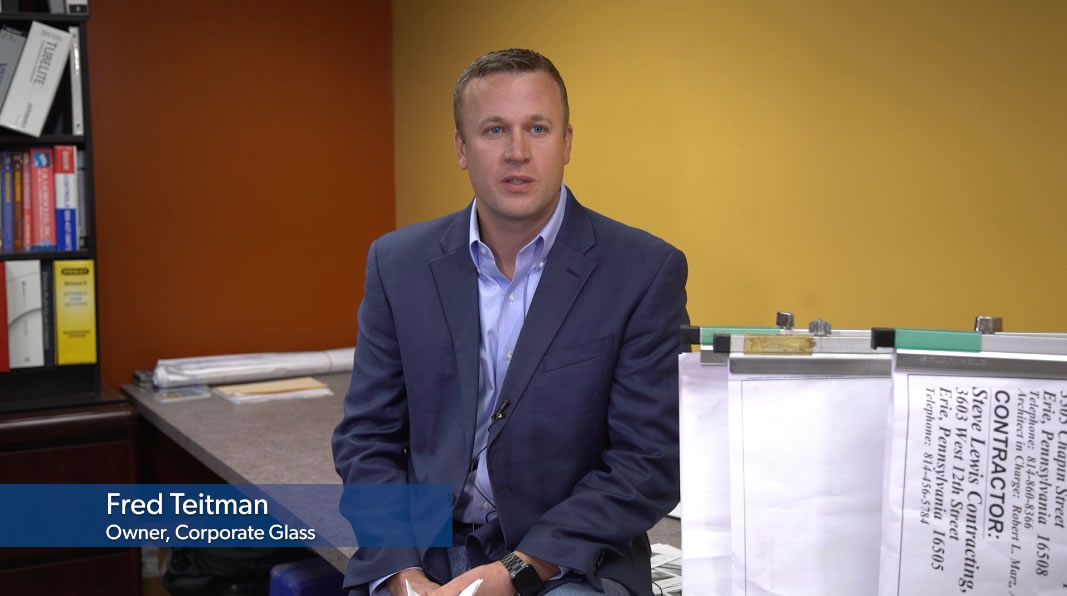With 90-100% financing available, an SBA 7(a) loan comes with a 10-year term, which drives down your monthly payments and leaves you with extra cash to fuel your business operations. You not only gain the small business funding you need, but you can also finance extra FF&E or machinery as well as working capital to manage transition costs – all bundled up in one long-term loan. If your transaction includes real estate, the SBA gives you options for a longer term on your loan.
Solutions
- Partial change of ownership now SBA eligible
- A seller note on full standby for the life of the SBA loan can be used for up to 50% of the required equity
- Seller participates in equity requirements
- A seller note on standby can be counted as part of equity
- Total equity of 10% of total project cost on business acquisitions
- 100% financing available for growth through acquisition if same six-digit NAICS code
- Up to $2MM unsecured financing available, sometimes more
- Can be combined with an SBA Express credit line to manage cash flow and control interest costs
Benefits
- 90% - 100% financing available
- Quarterly variable, 3-year fixed rate, 5-year fixed rate, or 10-year fixed rate structures available
- Full 10-year term available on most business acquisitions
- No balloon payments or call options
- No loan covenants or deposit requirements
FAQs
Navigate the ins and outs of business acquisition financing like a pro. Check out the answers below to frequently asked questions from borrowers.
- What type of SBA loan is used to finance a business acquisition transaction?
Typically, the SBA 7(a) loan product is used in this type of transaction.
The SBA allows the Lender to offer up to a 10-year term on business acquisition loans. At FNB Small Business Finance, we normally do a full 10-year term, fully amortizing, no prepayment penalties.
- What interest rate structures do you offer?
For SBA 7(a) loans, we offer all borrowers a quarterly variable, 3-year fixed, or 5-year fixed interest rate structure and let you choose the option you feel works best for you.
- How much money do I need to have to acquire a business?
- The Purchase Price of the business
- Any working capital in the loan
- Any new equipment or other assets that need to be purchased to run the business going forward
- All loan costs and fees
The SBA rules require an equity injection of 10% of Total Project Cost on a business acquisition transaction. Total Project Cost includes:
- How can the equity injection be structured?
SBA requires a full 10% Equity Injection based on Total Project Costs, not just the purchase price.
The buyer can bring the full 10% in cash to the deal.
The seller can help provide up to 50% of the equity to meet the requirement with a seller note on full standby for the life of the SBA loan.
Some or all the equity can come in the form of a gift with needed documentation. Our policy requires that this gift come from a parent, grandparent, or other close relative of the borrower.
Some buyers want to bring in minority investors as a source of equity. Our policy is that whoever provides the majority of the equity must personally guarantee the loan, even if they own less than 20% of the business. In these types of transactions, we often encounter various potential ownership structures.
We can look at any of these options depending on the nature of the transaction. Your Business Development Officer can advise you on how these structures may be used.
- Are there any exceptions to the 10% Equity requirement?
- Both businesses have the exact same six-digit NAICS code
- Both businesses serve the same geographic area
- Post transaction, both businesses have identical ownership
- Please note, there are reasons you may not want to hold the business you are buying in a transaction like this in the same corporate entity you currently operate from. We recommend you consult your attorney and accountant to determine the optimal structure for your situation.
If you are currently in business and want to buy another business just like yours, presumably a competitor, then the SBA considers that a business expansion and allows 100% financing if:
- Do I have to acquire 100% of the target business?
Effective November 15, 2023, the SBA changed its rules to allow for partial change of ownership.
The SBA rules require that BOTH the entity being acquired and the individual buyer(s) be co-Borrowers on the SBA 7(a) loan.
The SBA rules require that any owner of 20% of the business entity post a transaction provides an unlimited personal guarantee on the loan.
Effective June 1, 2025, SBA rules say that the seller who is retaining partial ownership, even if below the 20% threshold, must provide an unlimited personal guarantee on the loan for two years post-closing.
Also, effective June 1, 2025, SBA rules say that the “two-step” transfer of ownership is not eligible. This was a structure where the buyer and the seller transfer their ownership to a third entity, enabling the transaction to effectively become a transfer of assets and not stock.
The seller may stay on as an owner, officer, director, stockholder, Key Employee, or employee of the business post-transaction.
- What if I want to buy the business and the building(s) it operates from?
The SBA rules consider this a business acquisition, so the 10% equity on Total Project Cost requirements apply for a 7(a) loan.
If the loan’s Use of Proceeds is 51% or more for real estate, SBA allows the lender to offer up to a 25-year term on one 7(a) loan for the entire transaction. If real estate proceeds are less than 51%, SBA requires the lender to do a blended term based on the total Use of Proceeds.
A transaction of this type can be structured with a 7(a) loan for the business acquisition (10-year term, 10% equity) and an SBA 504 loan for the real estate (up to 25-year term, usually 15% equity).
Your Business Development Officer can advise you on how these structures can work so you can decide the best option for you.
- How can seller notes be structured?
SBA rules now require that any seller note being used to satisfy equity injection requirements must be on full standby for the life of the SBA loan – no payments of principal or interest, but interest may accrue through the full standby period.
Seller notes may be structured with a rebate to the buyer(s) based on business performance (reduction in principal) if the seller note is not used to meet equity injection requirements. Seller earnouts are prohibited by the SBA rules.
- Can I use borrowed money for my required equity injection?
Most often, we see buyers wanting to use a Home Equity Line of Credit (HELOC) for this purpose. SBA rules now say this is eligible as long as the borrower has sufficient outside income, not associated with the business being purchased (including proposed salary), to support the payments on the borrowed money.
- Can I use retirement funds for my required equity injection?
Yes, either through what’s commonly called a ROBS plan or by cashing out funds net of all taxes and penalties that may be due.
- Do you have any industries or types of businesses you don’t lend to?
- Hotels and Motels
- Gas Stations and C-Stores with gas
- Firearms Manufacturers and Retailers
- Nursing Homes and Assisted Living
- Family Entertainment Centers
- Golf Courses
This list currently includes:
- What are your primary Credit Underwriting requirements for a Business Acquisition loan?
- Business Net Profit per Books
- Seller’s Salary
- Depreciation, Amortization, and other non-cash charges
- Interest Expense
- Rent expense if real estate is included in the deal, rent adjustment if projected rent is more or less than historic levels, as evidenced by the lease of other agreement
- Charge for buyer’s salary to cover living expenses
- Charge for Capital Expenditures (CAPEX) for businesses with historic annual CAPEX needs.
- Other add backs for non-recurring expenses may be considered on a case-by-case basis with sufficient documentation.
We look for a Cash Flow Coverage Ratio sufficient to support the living expenses of the buyer and to repay the loan for the past two years and interim period for the subject business. Minimum requirements may vary depending on the details of the transaction. Your Business Development Officer can review your transaction and advise you.
Typical Cash Flow calculations include the net of:
Direct industry experience or transferrable management experience for the buyer(s).
Personal credit score minimum of 650 for all guarantors.
The SBA rules require borrowers to pledge all available collateral to secure the loan. This includes all business assets and all personal assets of guarantors up to 100% of Loan to Discounted Collateral Value (LTDCV).
A thorough business plan with 2 years of projections and assumptions is required. First year projections by month with annual totals, second year annualized.
A Business Valuation Report from a FNB-qualified firm is required, showing value of at least the selling price. All seller tax returns must be verified by the IRS.
All SBA rules apply.
Pre-Application Checklist:
Ready to get started? Below is a list of documents we’ll ask you for during the initial call:
- Estimated project costs
- Three years of tax returns, interim financial statements on target business and on existing business(es) if applicable, including Income Statement, Balance Sheet, Debt Schedule
- Three years personal tax returns – all owners 20%+
- Personal Financial Statement – all owners 20%+








